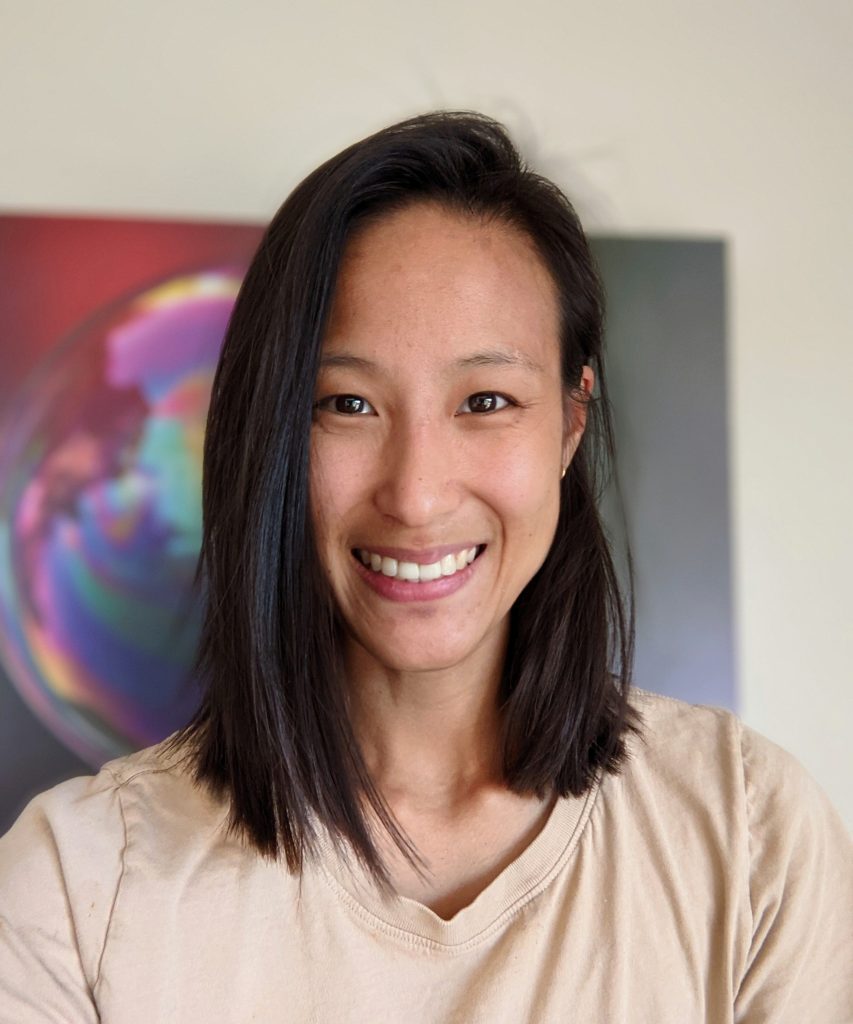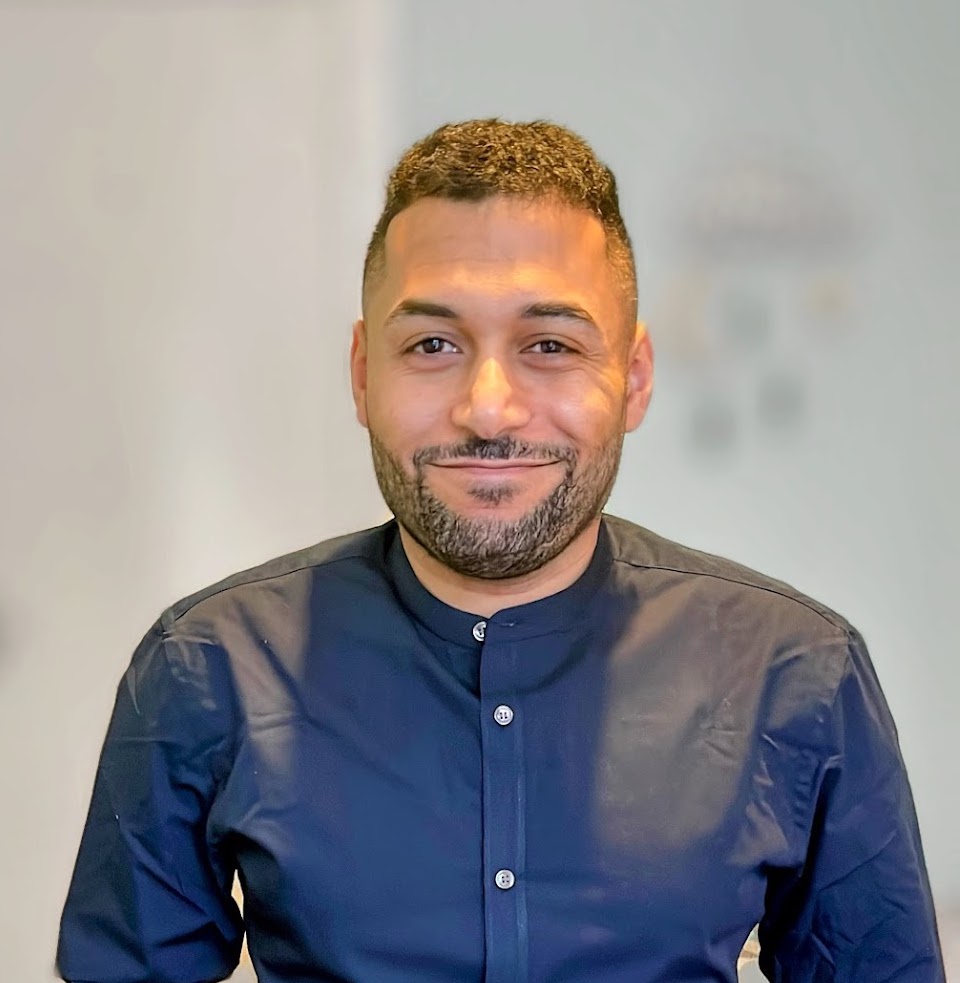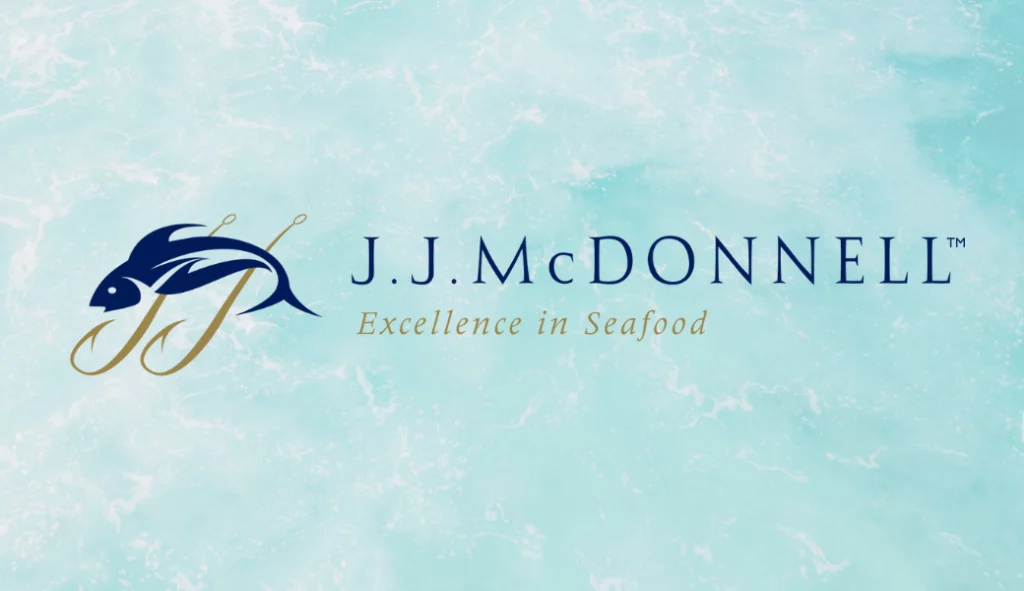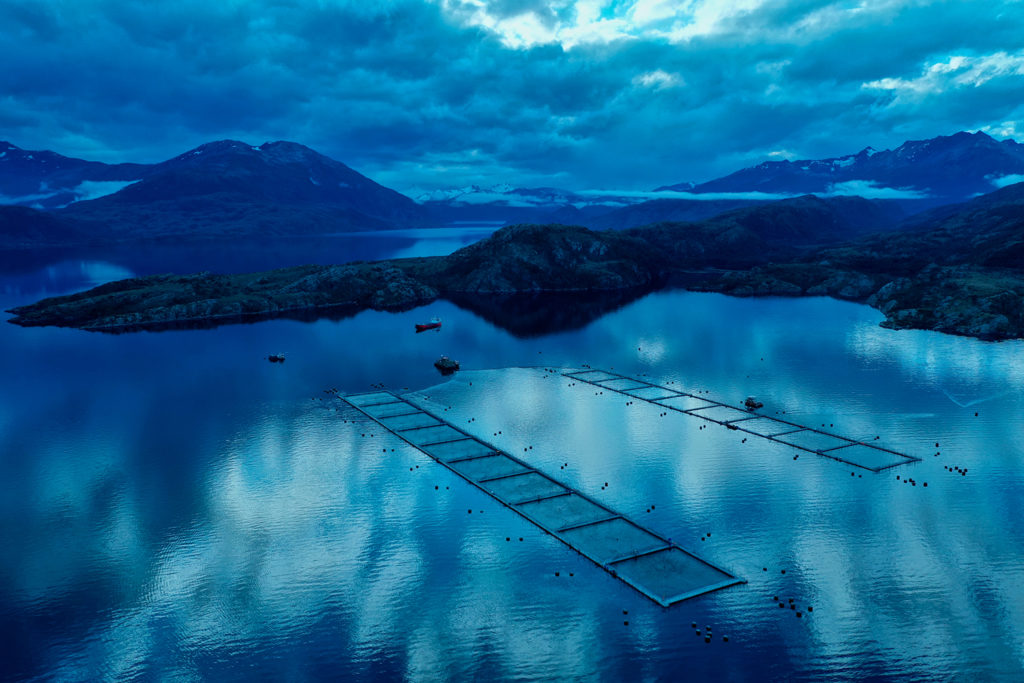Q&A with Chris Kennedy of Sunderland Marine
Note: The Global Seafood Alliance spotlights various members dedicated to GSA’s mission of responsible seafood. Membership starts at only $50 for individuals and $100 for businesses. Start utilizing our extensive benefits. Featured this month is Chris Kennedy of Sunderland Marine.
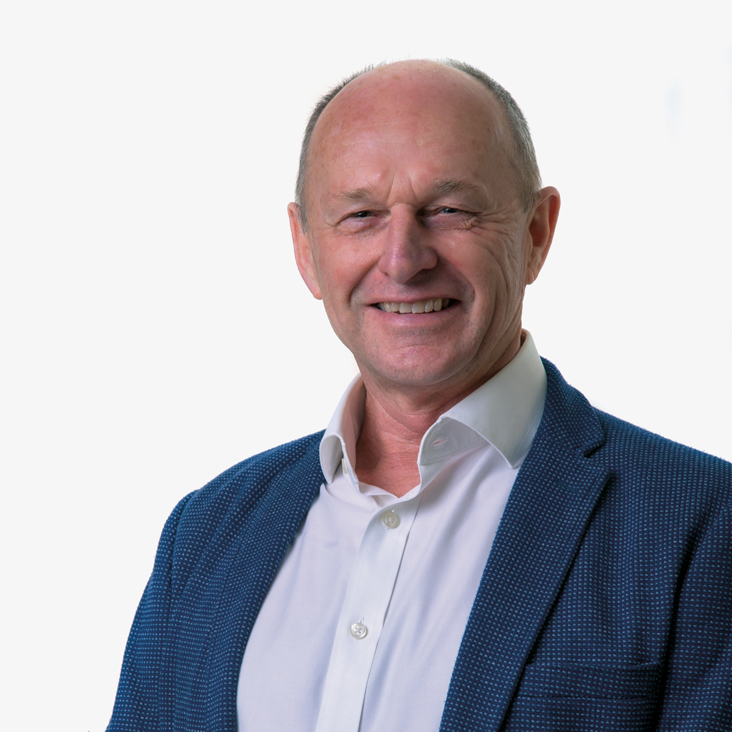 Tell us a bit about your background – what was a pivotal moment in your life that helped you decide on your career path?
Tell us a bit about your background – what was a pivotal moment in your life that helped you decide on your career path?
I studied general biology (last century), at the University of Canterbury, in my hometown of Christchurch (New Zealand). This included coastal fieldwork investigating blood parasites of penguins and native geckos, followed by time in Antarctica working on marine food chain studies. I had a great love for the outdoors and there were limited career path options aligning with this interest until a job at a high-country salmon hatchery came up. This was a total immersion experience in a start-up industry; involving collecting fry from salmon spawning beds, growing these through to smolt then engaging in tag and release activity aimed at collecting data to test the viability of ocean ranching in New Zealand. Whilst ocean ranching ultimately did not prove economically viable, our work eventually led to the creation of a successful salmon pen farming industry in New Zealand which is still going strong today. Those early years kindled my interest in aquaculture and I was fascinated by the concept of sustainable seafood production. So much so that my wife and I put our entire savings into an enrolment at the University of Stirling, Scotland where I embarked on an M.Sc in Aquaculture and Fisheries Management, graduating in 1985. At that time world aquaculture production was only about 8mt pa (marine and freshwater finfish) in comparison to the wild capture fishery of 73mt (FAO). As we all know the former is now considerably larger than the wild capture fishery.
What would you recommend for students wanting to pursue a similar career?
Absolutely go for it. Follow your passion. I have known schoolteachers, housewives, mechanics, accountants, engineers, lawyers, veterinarians, and trained biologists, to become caught up in this industry taking their careers in a completely different direction than what they had ever imagined when they left school. Aquaculture is continuing to evolve as new challenges emerge. New technology, system designs, automation, nutritional development, and species adaptation are pushing frontiers. RAS and offshore farming are evolving to meet the ever-increasing demand for high-quality aquatic-based foodstuffs. And it is not just about food production; techniques developed and lessons learned are benefiting the conservation and enhancement of wild capture fisheries and making significant contributions to the preservation of our natural aquatic environments.
Why did you join GSA?
For the past 40 years as an insurance and risk manager, I travelled extensively around the world viewing an enormous number of aquaculture systems and species. My focus has been on my employers’ interests but my motivation has been the desire to see aquaculture succeed. I have always thought it important to take on challenges and problems head-on, to develop strategies and the means to mitigate and eradicate situations that give rise to failure and loss. Frustratingly we still see a great deal of attrition and waste in the industry, with new entrants making the same mistakes that others before them have made. As I near the end of my professional career I think it important to share what knowledge I have and I believe that a global organization such as GSA, linking people and information, is the ideal forum for knowledge sharing.
What about responsible seafood motivates you most?
Responsibility is wide-ranging. It implies accountability, trustworthiness, moral and legal integrity, and all the things that we expect from our leaders and those entrusted with public holdings. For me personally I see it as paramount. For the most part, the aquatic environment is a public and shared resource and farmers and fishermen only have temporary use of it. Responsible seafood implies that it is acquired without damaging this resource, that the resource will be left in as good as or even better position than it was previously. Essentially it will be there for the next generation. It is a wide generalization to say that all of us working with seafood are environmentalists, but in my experience, many in this industry are there because they have a love for the environment and a strong sense of conservation. Almost always, responsibly farmed or captured seafood is synonymous with quality, and producers should be proud to put their name on the product.
Where is the most interesting place you’ve traveled to?
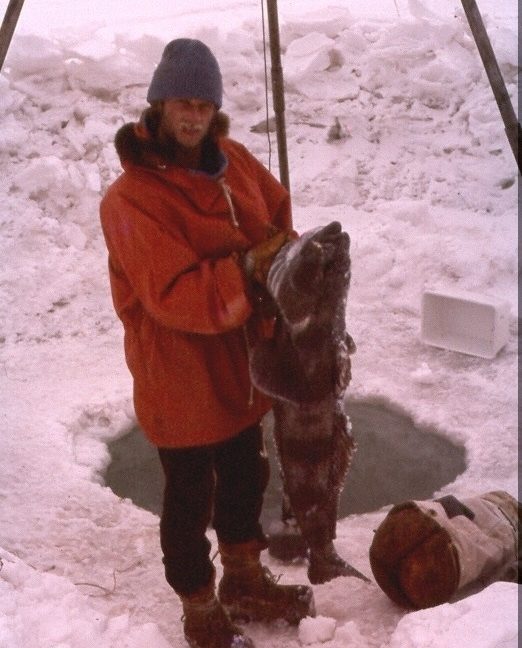
I was privileged to spend time in Antarctica as a graduate. A beautiful and rare place that I will never forget. I have also been to many wild and beautiful island locations. One of my favorites is Stewart Island in NZ which I first visited 30 years ago and which I will be visiting again in a few days. I lived in the Outer Hebrides of Scotland for 5 years and was a frequent visitor to other Scottish Islands such as Orkney, Shetland as well as smaller Isles like Barra and the Outer Skerries. Without exception, not only are these remote Islands gorgeous to visit but the local people are always hospitable with a strong sense of custodianship and stewardship, so often missing from the urban landscape.
Thanks for being a member, Chris!

